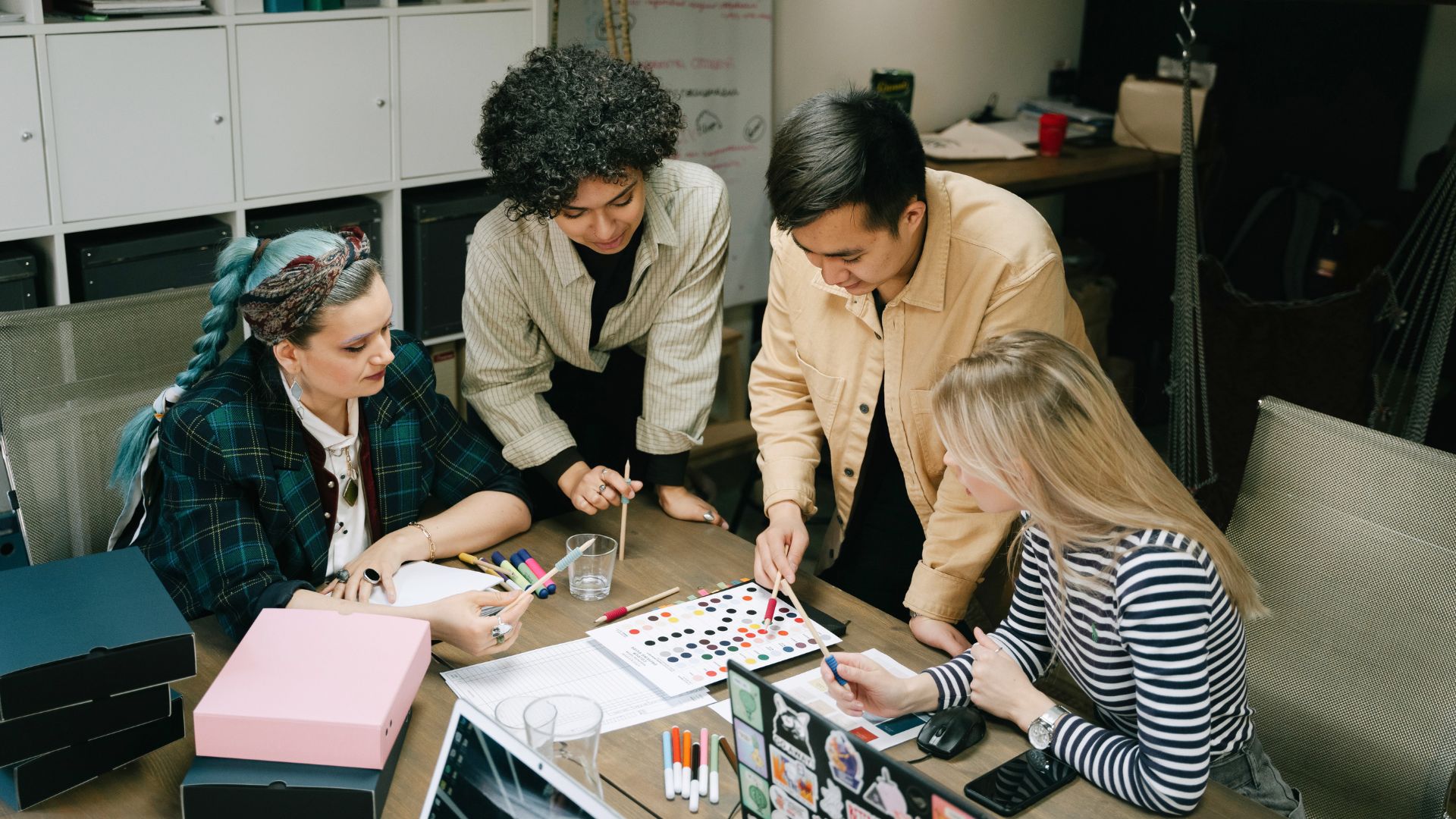.png)
Guide: Should you Protect Your Startup Product’s Design?
When we talk about designs in IP law, we aren’t referring to a product’s functionality or the way it operates. Rather, ‘designs’ refer to the visual appearance of a product. Design rights therefore only apply to the features that give your product a unique appearance — such as its shape, configuration, pattern, attachments and so on.
Ideas are powerful and worth protecting. Our IP team are on hand to help you look after the things that make your business stand out, from brand names to tech builds.
Which designs can you protect?
If its features happen to also be functional, like the LEGO bricks’ interlocking features, then the functionality will tag along under the protection. However, if you are looking to specifically protect the functionality or operations of your product, you can look to patent law or, for software code, copyright. You can read our article on patents here or on copyright here.
The law does not protect all designs either. Similar to the other areas of intellectual property law, you can only register for design protection in Australia if your design is new and distinctive. This means designs that already exist or have been made public cannot be protected — if photos of your product are publicly on the internet, you can expect the Design Examiners to refuse your application.
The novelty requirements mean that you should think about your IP strategy, and therefore registering any design rights, very early on. Once your product is out and manufactured, you will lose your eligibility for design rights. This also highlights the importance of having non-disclosure agreements in your dealings with third-parties.
This sounds like trademarks and copyright?
That’s because they overlap… sorta!
Copyright may subsist on the patterns, prints, sketches and other materials during your planning phase. However, the moment you slap it on a product and begin manufacturing or when you register your design, you will lose copyright protection. This is because the Copyright Act contains provisions to prevent dual protection of copyright and design rights.
There is a bigger overlap with trademarks in comparison. Both rights protect the visual appearance and branding of products, and you can apply to have both protections. However, they each have distinct pros and cons.
For example, functional shapes like the LEGO brick will be difficult to protect with a trade mark. In contrast, functional designs can be protected with design rights as long as they are novel.
They also differ in the length of protection. A trade mark will last a lot longer — theoretically it can last indefinitely if you continue to use and renew it — whereas Australian design rights only last for 10 years.
Do you have to register your design?
That depends. The relevant question to ask yourself is: How much is my design worth?
Generally, the protection from registration is not that strong. The test for infringement here is whether another design is ‘substantially similar in overall impression’ to your registered design. However, the market is saturated with different designs already. This means that minor differences to your design could put something outside the scope of your protection.
The popular example is with Coca-Cola’s iconic hour-glass bottle. The EU denied protection when Coca-Cola attempted to register a new bottle with the same hourglass figure but without the ridges.
Although both the US and Australia do not recognise unregistered design rights, unregistered designs are not completely without protection. You might still have some recourse for infringement under the tort of ‘passing off’ or in some cases, copyright. Additionally, if you’re eligible for or have already registered a trademark, this may be sufficient for protecting your product.
However, if your design is not eligible for trade marks, or if you foresee a very high brand value, then it might be worthwhile considering design rights. The key point is to determine this early on because once your design is publicly available, it will not be eligible for the designs register.
Biztech Lawyers
In need of intellectual property law support? Biztech Lawyers is a multi-award-winning law firm, known for fuelling and protecting tech innovation worldwide. Get in touch now to see how we can help.



Introducing Biztech
International law firm Biztech Lawyers elevates clients, providing vision and confidence to navigate global markets and seize opportunities.

Discover more
Whether you’re looking for advice in a particular jurisdiction or exploring how we can help expand your business, discover more below.







.svg)
.svg)